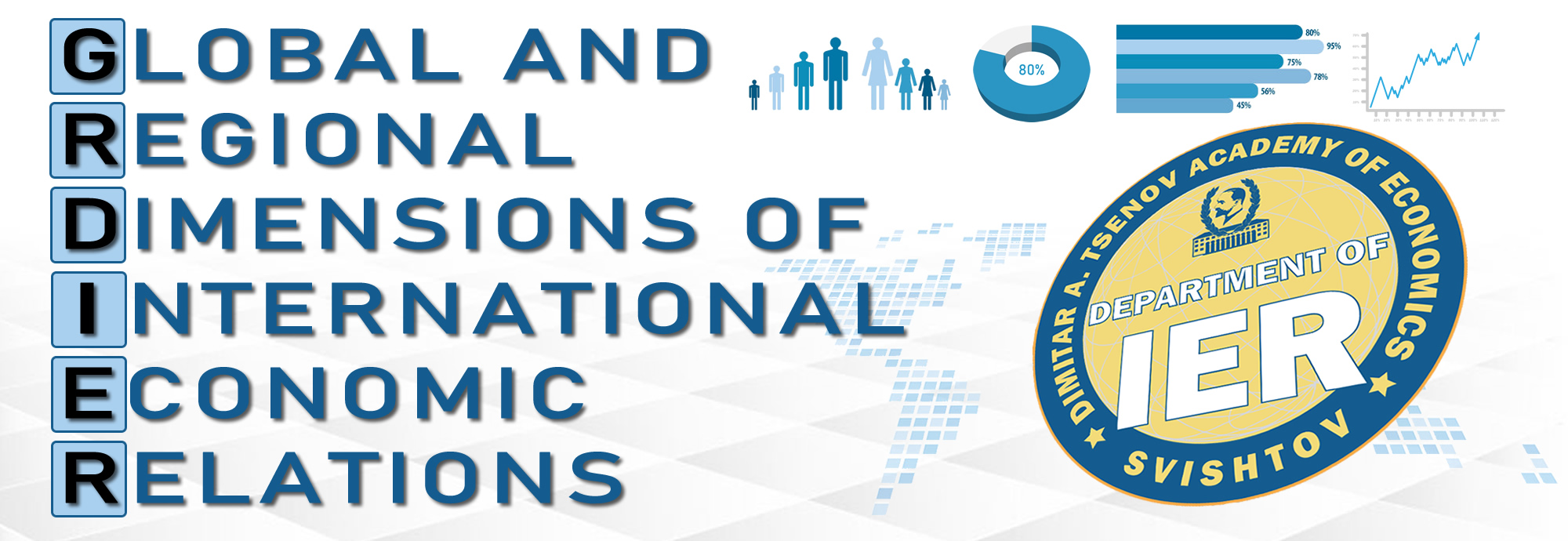INFRASTRUCTURE AND RESOURCES: THE EVOLVING DYNAMICS OF SINO-CONGOLESE COOPERATION UNDER THE BELT AND ROAD INITIATIVE
Authors
Keywords
Belt and Road Initiative (BRI), infrastructure-for-resources, Sino-Congolese cooperation, copper mining, economic development
Summary
The Belt and Road Initiative has become a signature instrument for the Chinese government in promoting global trade and economic integration. A new model of cooperation based on the Belt and Road Initiative, such as ìinfrastructure-for-resourcesî agreements, has been utilized in Chinaís collaboration with the Democratic Republic of the Congo. The article examines the economic feasibility and repercussions of the model by using the copper mining sector in the DRC. By using the case study of Sino-Congolese cooperation, the study demonstrates how investments in road, railway, and public utility infrastructure have unleashed the potential of mineral resources to the benefit of both parties.
Pages: 12
DOI: https://doi.org/10.58861/tae.grdier.2025.01



